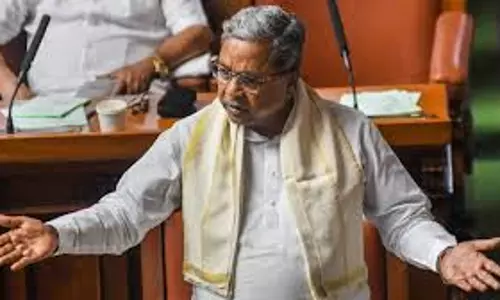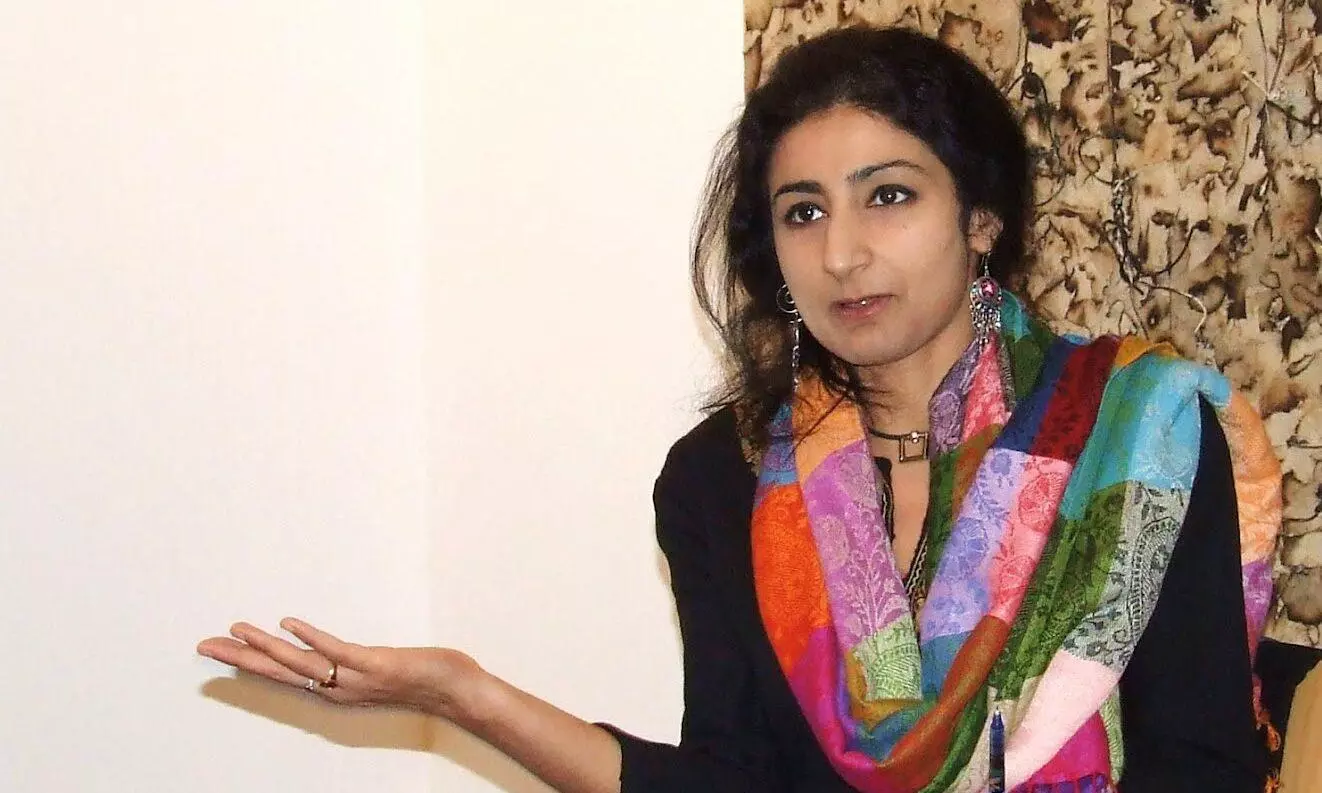
OCI revoked for criticising Hindutva, minority suppression under Modi govt: Kashmiri Pandit academic
text_fieldsNitasha Kaul, a Kashmiri Pandit, British citizen, and professor of politics and international relations at the University of Westminster, who has been critical of the Narendra Modi government in India for systematically targeting minorities and crushing their rights, has had her Overseas Citizenship of India (OCI) status revoked by the government.
Kaul, in a social media post, responded to the government’s reasoning for suspending her OCI status, which cited her alleged involvement in anti-India activities claimed to be driven by malice and a disregard for historical facts, describing the move as an act of transnational repression by the BJP-led Union government, which she accused of targeting her for her academic work and political commentary.
Kaul also alleged that the cancellation of her OCI card was punitive and intended to suppress dissent among voices in the diaspora, attributing it to her longstanding academic engagement with issues concerning Kashmir and her vocal opposition to Hindutva ideology, which have been at the centre of the government’s objections as laid out in an official notice citing her writings, speeches, and participation in international forums as grounds for the revocation.
In 2019, Kaul had testified before the United States House Committee on Foreign Affairs on human rights violations in Kashmir after the abrogation of Article 370, and she has since continued to raise concerns about the political developments in the region, especially in relation to the erosion of constitutional values and suppression of civil liberties.
Her writings, including criticism of government-endorsed narratives such as those advanced in the film The Kashmir Files, have accused the ruling establishment of promoting Islamophobic interpretations of history and using state power to stifle solidarities that cross religious and regional divides.
Despite holding OCI status, which is meant to facilitate life-long, multiple-entry access to India for individuals of Indian origin, Kaul was detained by Indian authorities at Kempegowda International Airport in Bengaluru in February 2024 and subsequently deported, even though she had travelled on a valid visa and at the invitation of the Karnataka state government to speak at a conference on constitutional values and democracy.
The deportation had already drawn criticism from civil society groups, who viewed the move as indicative of the central government’s increasingly intolerant posture towards academic freedom and dissent.
Following the deportation, Kaul had responded with a detailed 20,000-word submission in defence of her academic and public engagement, but the government proceeded to cancel her OCI, citing a rigged and unjust process.
She has since expressed concern that such actions are part of a broader strategy to deter academics, both within India and abroad, from criticising the state or exposing its human rights record on international platforms.
Her criticism of the Indian government’s global public relations efforts to portray India as a beacon of democracy has intensified in light of the cancellation, as she questioned the sincerity of such campaigns while Indian-origin academics abroad are denied access to their country and families.


















